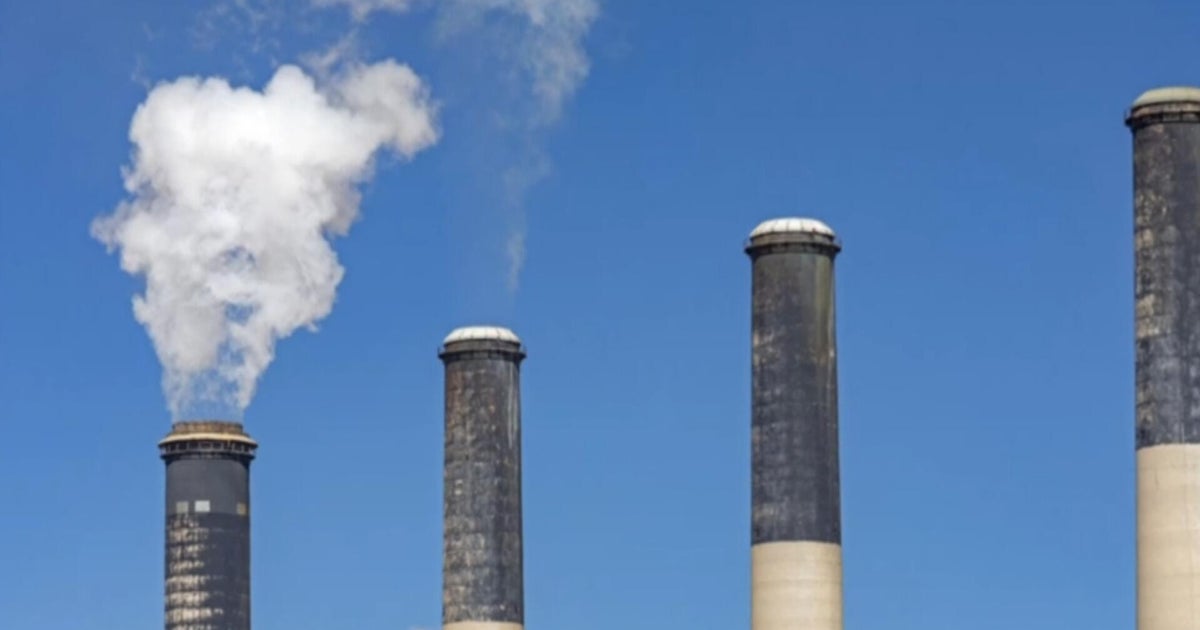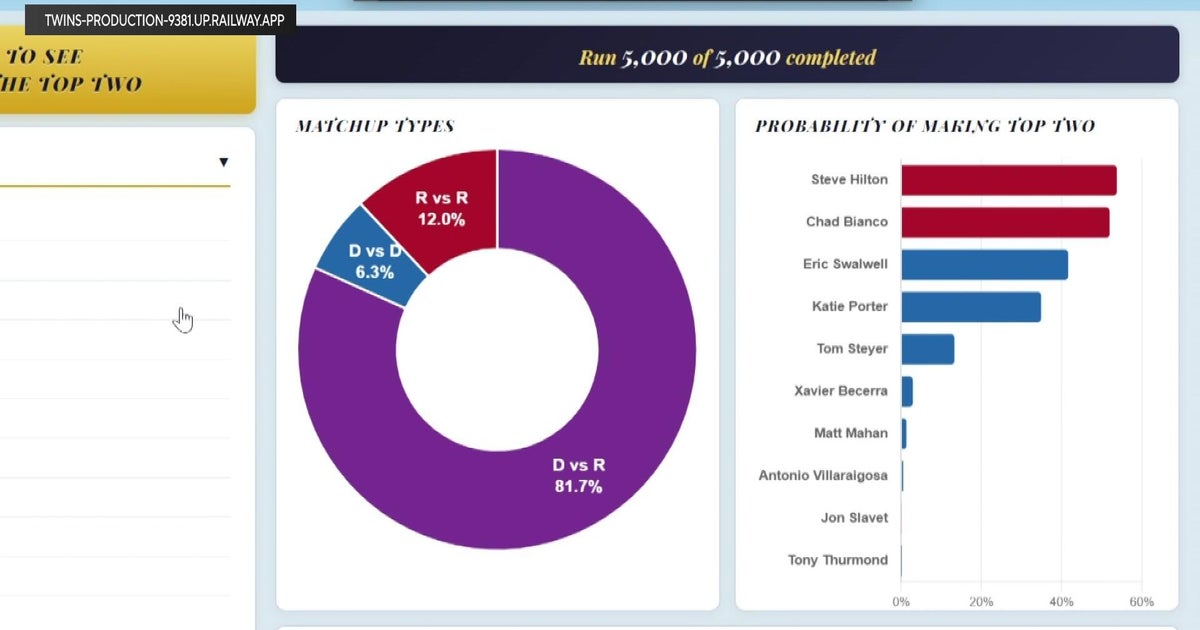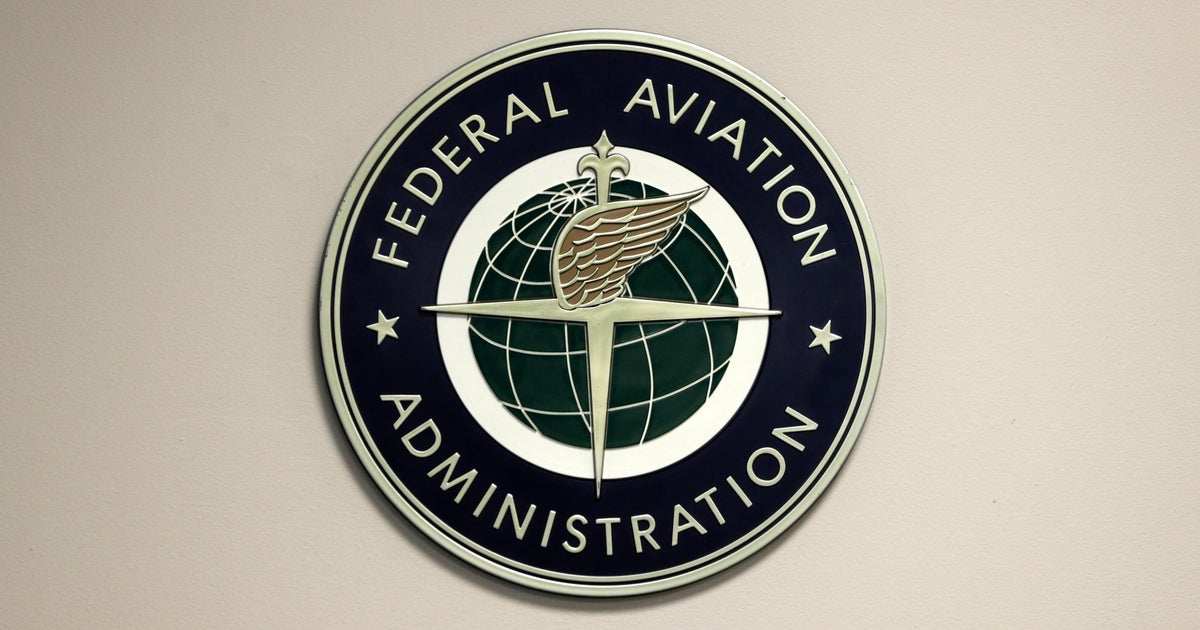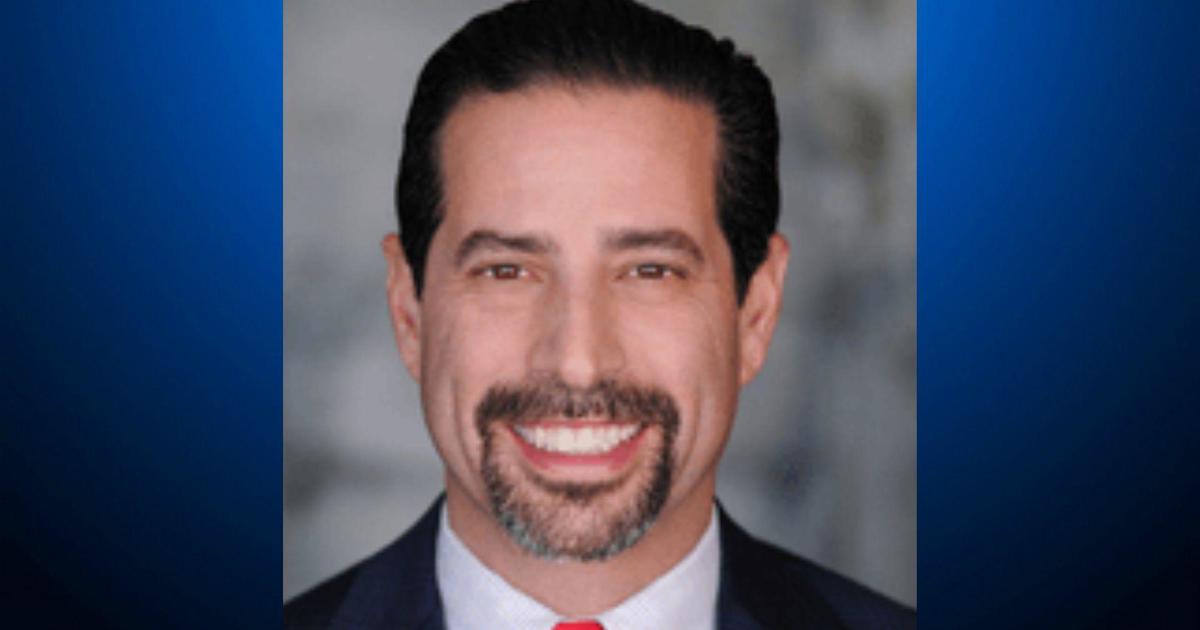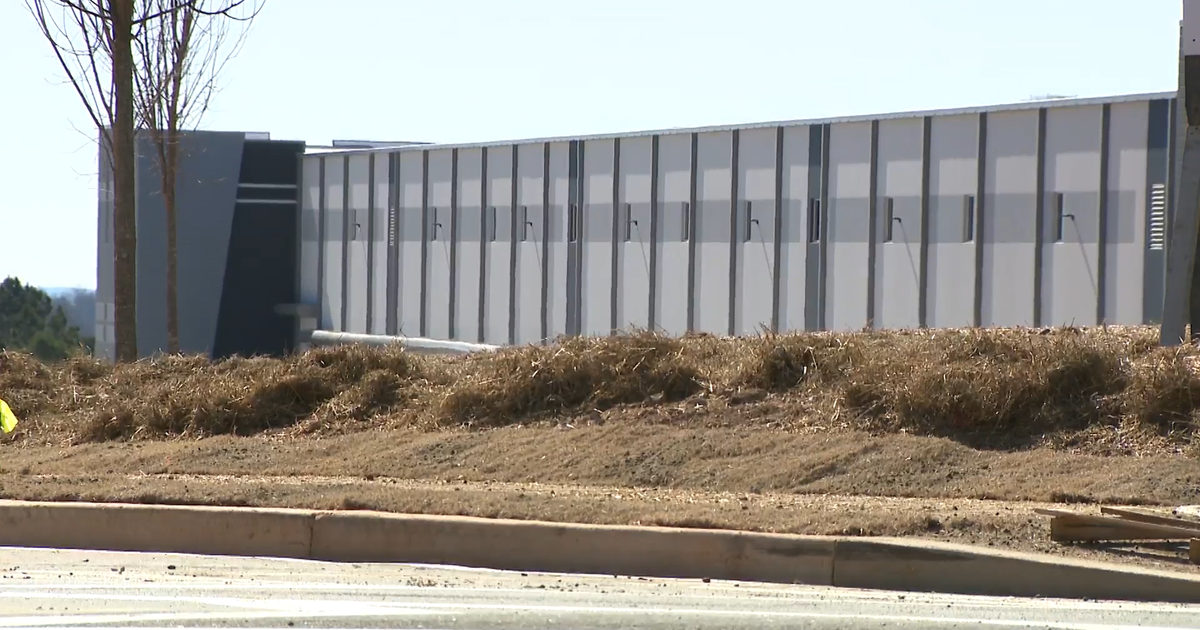Analyst Sees Grim Future For California High-Speed Rail Project
SAN FRANCISCO (CBS/AP) - California's plan for a $98 billion high-speed rail system to connect Northern and Southern California does not comply with some parts of the 2008 ballot measure voters approved to provide the seed money, providing the latest obstacle for the embattled project, according to the state's legislative analyst.
Proposition 1A required rail officials to identify all sources of committed funds for a usable segment of the line and to clear all environmental requirements before the $9 billion in bonds could be sold.
The latest plan from the California High-Speed Rail Authority proposes to start with a 130-mile stretch of track from Merced to Bakersfield that would serve as a test track for 220 mph trains and could be used by existing Amtrak routes until the next segment of high-speed rail is finished.
KCBS' Matt Bigler Reports:
The report by the Legislative Analyst's Office, issued Tuesday to a legislative transportation committee, said that stretch would not be a stand-alone operating segment of the high-speed rail line, as required by Proposition 1A.
With federal funding for high-speed rail drying up and speculative financing for many of the rail authority's plans, the analyst's office said it is increasingly likely that the stand-alone, 130-mile stretch planned for the Central Valley "may be all that is ever built."
"It is highly uncertain if funding to complete the high-speed rail system will ever materialize," the report said.
The report's co-author, Farra Bracht, told the Assembly Transportation Committee that the High-Speed Rail Authority is relying too much on continuous federal support for the project.
"As noted previously, it appears doubtful that there will be any additional federal support any time soon," said Bracht. "This makes it increasingly likely that the ICS is all that will ever be built."
ICS stands for "initial construction segment," which is in the Central Valley.
The rail authority plan released earlier this month boosted the estimated price tag for the entire system, linking Anaheim to San Francisco, from $43 billion to $98 billion and moved final completion to 2034 from 2020. The authority needs legislative approval to begin its plan to start building a stretch of track in the Central Valley, which it hopes to do next year.
High-speed rail authority officials have conceded that much of the funding for future segments remains speculative, but they hope to attract private investors after initial segments are built.
"My fear is that with (an uncertain) price tag and no dedicated revenue stream, any money we do get will go to that project, to the detriment of the state's existing transportation systems," said Assemblywoman Bonnie Lowenthal, D-Long Beach.
Still, she said high-speed rail promises "extraordinary benefits such as jobs, private investment and economic growth that has to be considered," according to comments reported by the San Jose Mercury News. She is chairwoman of the Assembly Transportation Committee, which held a hearing on the rail project Tuesday.
Dan Richard, who was appointed to the high-speed rail board by Gov. Jerry Brown, acknowledged during the hearing that the project faces greater hurdles if it does not have a dedicated revenue source.
Even so, board members believe the draft business plan and funding proposal are consistent with Proposition 1A and have promised to work with the nonpartisan legislative analyst to address concerns, rail authority spokeswoman Rachel Wall said.
The high-speed rail commission had said in its report that while the $98 billion price tag is high, the state otherwise would need to spend more than $170 billion in upgrades to the state's transportation infrastructure to accommodate future population growth. That would include wider freeways, more airport gates and upgrades to commuter trains and tracks.
The analyst's report does not go into details but calls that comparison "very problematic." It notes that the state will still need to maintain its existing infrastructure, fund urban transit and increase capacity on freeways to address higher demand.
"In light of this, the Legislature should consider where to invest limited state resources," the report said.
In a statement, the High Speed Rail Authority said it welcomes the critique, and vows to meet with the analyst's office to discuss the report. The state is planning to begin construction on the rail system next year, spending $2.7 billion in state bonds, unless the project is altered by state lawmakers.
(Copyright 2011 by CBS San Francisco. All Rights Reserved. This material may not be published, broadcast, rewritten, or redistributed.)
